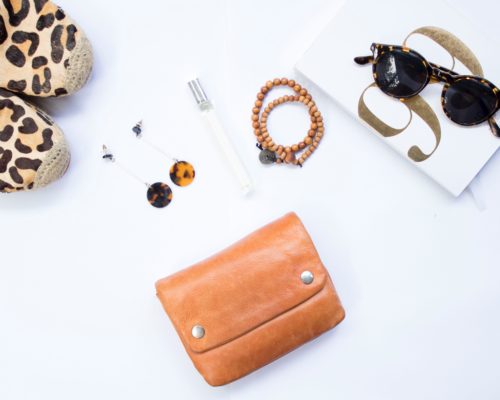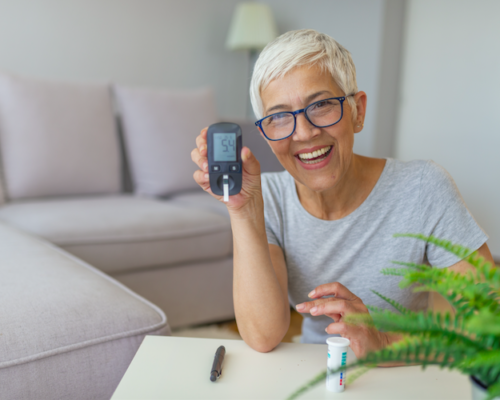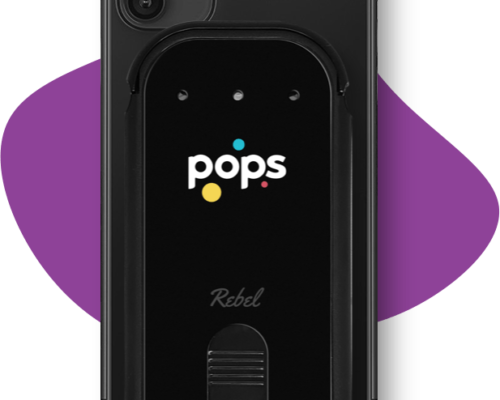If you have an upcoming blood glucose fasting test and aren’t exactly sure what it entails and how to prepare, we’ve got you covered.
Keep reading to find out the best way to prepare for one of these tests, what to expect during a fasting test, as well as some tips for safe fasting during the holidays or during periods of intermittent fasting.
Let’s get started!
Table of Contents
Preparing For a Fasting Test
Fasting tests are one of the most common blood glucose tests administered because they provide more accurate results.
According to Healthline, when it comes to how long you should be fasting before the test, the answer will vary depending on the exact type of test. But, typically, the time to go without eating is eight hours for most tests, and twelve hours for others. Because of this, it’s recommended that you schedule your test early in the morning because that counts towards your fasting. Just remember, it’s also recommended that you don’t drink coffee either (We know, we know. Easier said than done).
A common question about fasting for a blood glucose test is whether or not it’s okay to drink water before the test. In most cases, the answer is yes. The only time you should avoid drinking water before the test is if instructed to do so by your doctor. When it comes to the water, make sure it isn’t a seltzer or carbonated. And, in addition to coffee, avoid tea as well.
When it comes to alcohol, this is once again something that will vary based on the test. For example, blood tests that measure triglyceride levels or look at liver health require you not to consume any alcohol for at least 24 hours.
There isn’t a hard and fast rule for any type of smoking, so make sure to ask your doctor about that as well if that applies to you.
Medications and Fasting
Always speak with your doctor about which medications you’re currently taking. This includes prescriptions, herbal supplements, and over-the-counter drugs. After assessing your medications, your doctor will let you know which medications are fine to take prior to your test, and which ones should be avoided (or used in a smaller dosage).
Here is a list of some medications that can potentially affect blood glucose levels:
- Coriscoetoids
- Dieruects
- Birth control pills
- Hormone therapy
- Aspirin
- Tricyclic antidepressants
- Sulfonylurea
What to Expect During a Blood Glucose Test
Overall, a blood glucose test is very simple. Usually, it’s done with the simple prick of a finger. But, some other tests may require the blood to be drawn from the vein.
Prior to drawing blood, whoever is administering the test will clean the area in which blood will be drawn with an antiseptic to ensure that any germs are killed.
If you’re getting blood drawn from a vein, the healthcare provider may tie an elastic band around your upper arm, causing your veins to swell up. Once a vein is identified, the sterile needle will be inserted, and blood will be drawn.
The healthcare provider will then cover up the spot where blood was drawn from, and pressure should be applied for several minutes. This will help reduce and prevent bruising.
Tips for Safe Fasting (Holiday, Intermittent, Surgery, Etc.)
Whether your fasting for a blood glucose test, surgery, or an extended period of time for a holiday like Ramadan, here are some great tips for ensuring that you stay safe and healthy during your fast.
Plan your fast with a healthcare professional
Taking into consideration how controlled your diabetes is and other variables like whether or not you use insulin or some specific types of medication, your doctor will help you come up with a safe plan for how to fast.
It’s important to keep them in the loop so they can best advise you on how to ensure you maintain strong health during the fast.
Bring a small serving of candy if you are exercising during a fast
Because exercise can lower blood sugar, it’s important to be prepared if you still plan on working out during your fast. It’s also important not to overdo exercise during a fast—particularly in the evening hours when people are most at risk for low blood sugar levels. By keeping just a small serving of candy on standby during your workouts or exercise sessions, you can help mitigate this risk.
Make sure to keep checking your blood sugar while fasting
It’s essential to continue to check your blood sugar regularly during a fast. By doing so, you’ll be able to notice signs that you may be heading towards out-of-control numbers that may lead to an emergency situation like hypoglycemia or hyperglycemia.
Consider making an exception for only foods that bring nourishment
We understand that you may not be comfortable breaking a fast, and doctors and healthcare professionals understand this as well. But, your doctor may gently recommend that you consider eating small meals where you avoid eating any food that brings pleasure and instead focus on foods that will keep you sustained and nourished during your fast.
If your doctor suggests a practice like this, remember that they have your best interest and health in mind.
Eat a healthy before-dawn meal prior to fasting for Ramadan
This meal should contain complex carbohydrates and high fiber. Drink plenty of fluids during this time as well.
Eat a nutritious, balanced meal after a fast
Protein, healthy carbohydrates, and high fiber should all be included in your post-meal after fasting. Combining foods that are rich in those elements will help keep your body and blood sugar in balance.
To make your fast easier, consider reaching out to your employer to see if they offer Pops Diabetes’ Rebel + Mina digital diabetes care solution. If they don’t you can have them reach out to us directly, or hand them this card to get the ball rolling!









